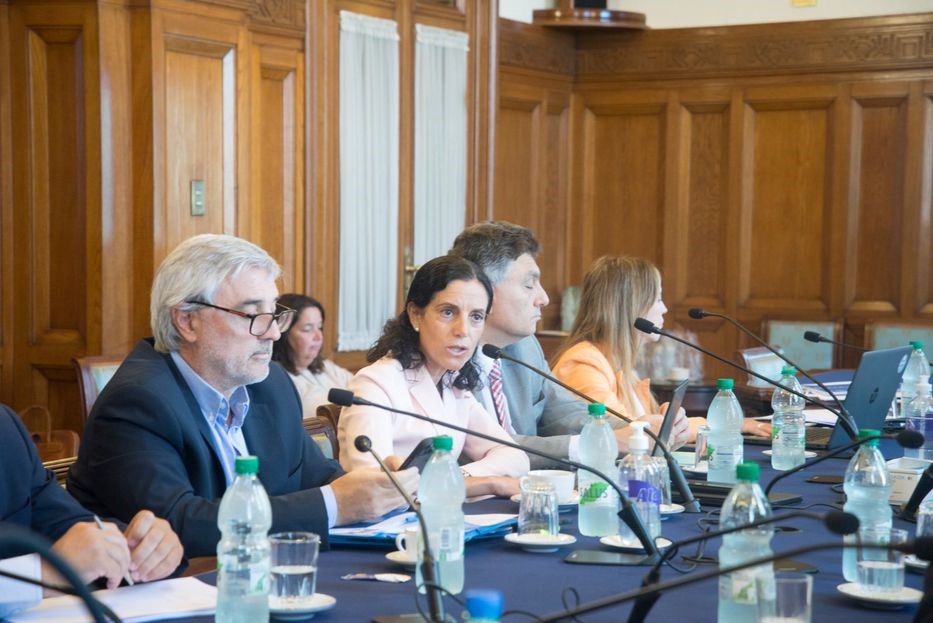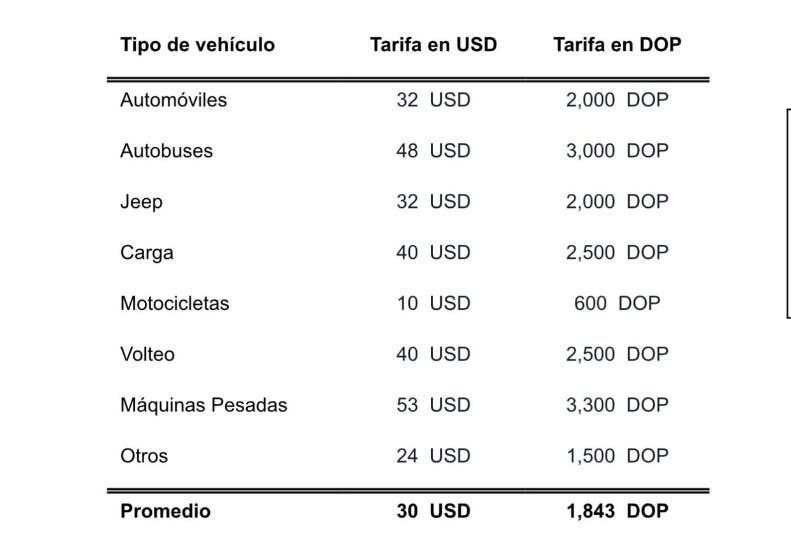Arbeleche said that the income tax reduction benefits 327,000 workers and “it is historic”
The Minister of Economy and Finance, Azucena Arbeleche, appeared this Thursday together with the economic team at the Senate Finance Committee in order to defend and explain the bill for a reduction in Personal Income Tax (IRPF). ) and in the Social Security Assistance Tax (IASS).
At a press conference, Arbeleche quoted Senator Guido Manini Ríos and described the tax reduction as “a historical fact.”
“We are announcing a tax cut of US$150 million. In these three years there has been a different economic policy, which broke with the previous logic of the Broad Front government, which financed all increases in spending with higher taxes”, defended the hierarch.
Arbeleche affirmed that the Government did not increase taxes despite the expenses due to the pandemic that were US$ 1,300 million.
“Today we present measures that go one step further. We are within the guidelines given by the so-called fiscal rule, which allowed us to manage public resources in an orderly manner these three years,” added the minister.
Arbeleche reported that the impact of the measures related to personal income tax, basically the extension of reductions and the increase in the non-taxable minimum, reaches some 327,000 workers and more than 200,000 “have a very significant benefit.”
“We are referring to teachers, police officers, people who have a monthly income of less than $60,500. In addition, some 63,000 workers ceased to be IRPF taxpayers. In the changes implemented in the IASS, the measure will reach all retirees and pensioners, which are 179,000 people. Some 20,000 will cease to be IASS taxpayers”, explained Arbeleche.
Consulted about the claim of the Broad Front for the removal of the return of two out of four VAT points when paying with a debit card, a measure that was taken by the Executive Power in March 2020, Arbeleche replied that this benefit was given so that “The cards will be used more and there was already a greater use.”
“It didn’t make sense to continue with that incentive. To this is added that those who use debit cards the most are those with the highest income. The latest data is from 2017, but we know that this is the case, that it is used more at higher income levels”, justified the minister.
The IRPF and IASS reduction bill was voted unanimously in the
Finance Committee of the Senate and next Tuesday a vote will be taken in the Upper House. Sources of the National Party reported that it is expected that on Wednesday it will enter the Deputies Finance Commission for its approval and that same day it will be voted in the Plenary.


















